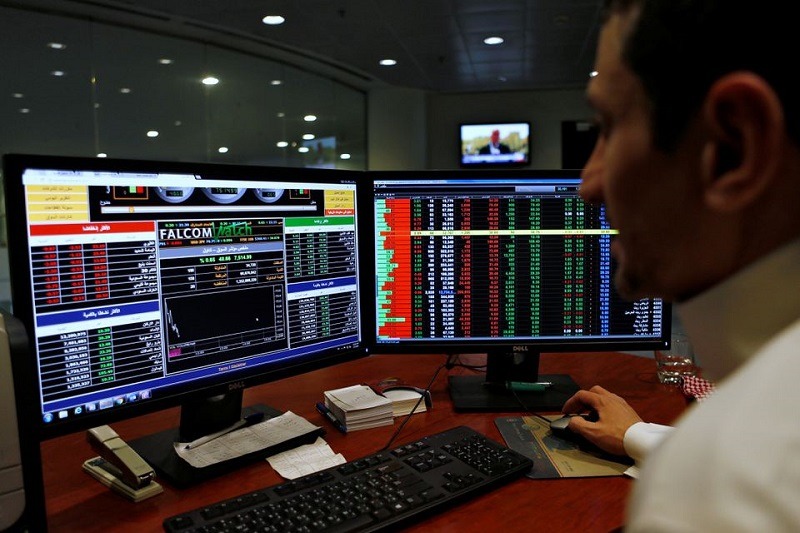Germany’s economy has gained enough momentum to avoid stagnation this year, according to analysts at Deutsche Bank Research.
New data from the Federal Statistical Office showed gross domestic product grew 0.4% in the first quarter, marking a potential turning point after a stretch of weak performance.
The growth was partly driven by a surge in March exports, especially in pharmaceuticals and automobiles.
Deutsche Bank analysts said this likely reflected companies front-loading shipments in anticipation of future tariffs.
More importantly, private consumption rose 0.5% and investment climbed 0.9%, signaling underlying strength in domestic demand.
The construction sector also expanded for a second consecutive quarter, continuing its recovery from a prolonged slump.
The only negative contributor to domestic demand was public consumption, which fell 0.3%.
Deutsche Bank attributed the drop to the federal government operating under a provisional budget, a situation expected to reverse once a formal budget is approved.
Analysts believe this positive trend in domestic demand will likely continue into the second quarter, even if the tariff-related boost to exports fades. Business survey data showed limited deterioration compared to the first quarter.
Although the composite Purchasing Managers’ Index dipped below 50, the Ifo Business Climate Index has been rising since the start of the year.
While the services sector showed some divergence, both indicators pointed to a rebound in manufacturing.
3rd party Ad. Not an offer or recommendation by Investing.com. See disclosure here or remove ads. Deutsche Bank also cited client conversations indicating that sentiment has improved under the new German government, despite ongoing trade tensions. These factors support a second-quarter growth estimate between 0.1% and 0.2%, in line with improving consumer confidence reflected in the latest GfK survey.
Still, Deutsche Bank expects the recovery to remain fragile in the third quarter, as trade-related uncertainty is likely to persist through the summer.
A possible increase in U.S. tariffs in July remains a key risk. By the fourth quarter, however, analysts expect more stability.
With the government likely to exit provisional budgeting mode and introduce an expansionary fiscal plan for 2026, aggregate investment is expected to rise meaningfully.
In addition, a further normalization in household savings rates could strengthen consumption.
The brokerage said these developments increase their confidence in the bank’s full-year growth forecast of 0.3%. They argue that consensus forecasts expecting another year of stagnation underestimate the improving dynamics.
“We believe prevailing consensus forecasts for Germany – predicting another year of stagnation – are overly pessimistic,” the analysts said.












